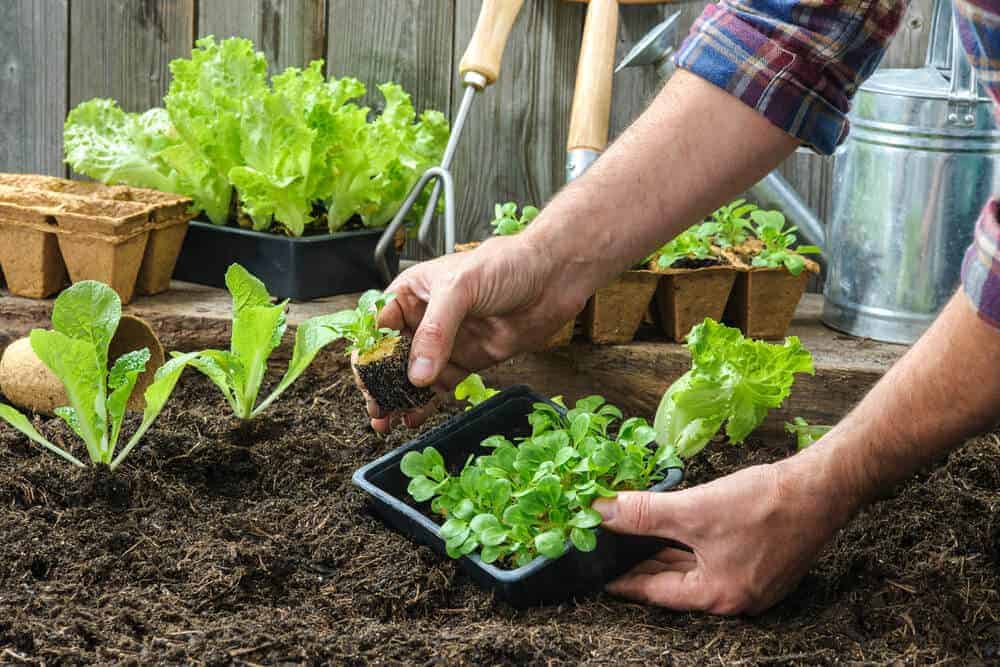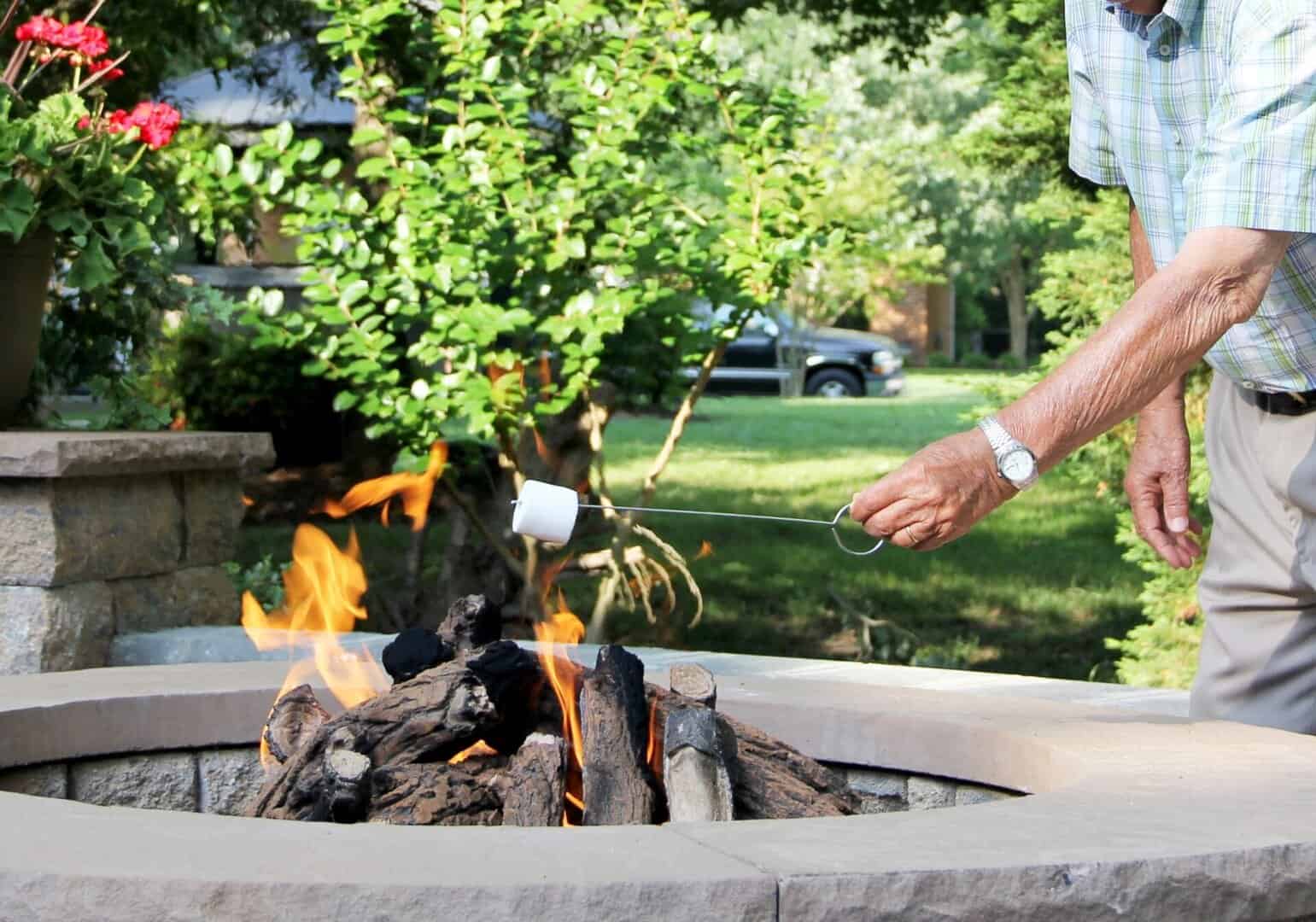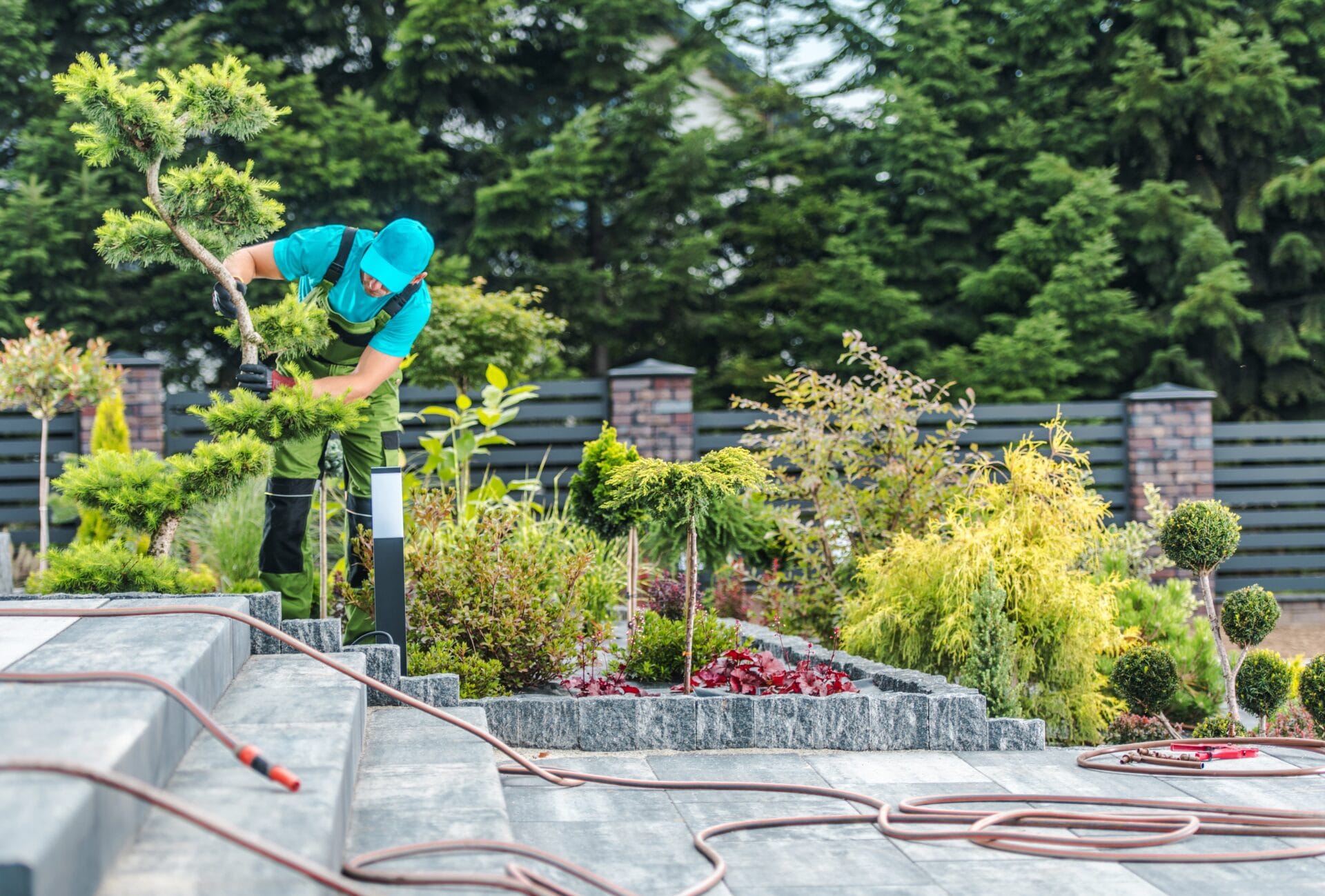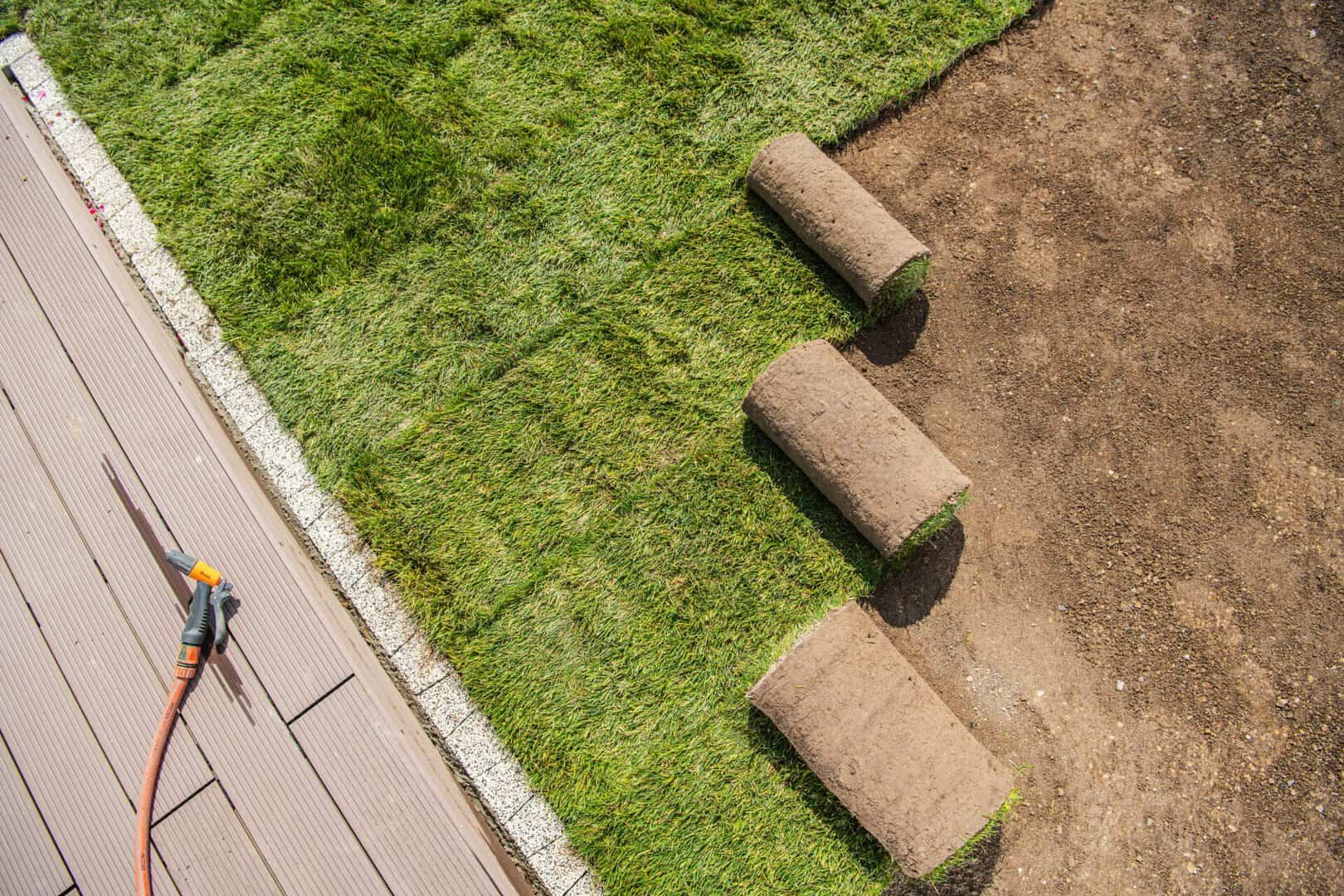In order for plants to grow healthy, they have to be taken care of each season accordingly. Garden maintenance is essential to help them flourish. Most beginners and expert gardeners look forward to waking up early in the morning and start planting trees. As people grow their years of experience, so does their garden, requiring them to trim their trees and plants from time to time. We have compiled a list of garden care tips to maximize your time.
Weeding Basics
Weed grows in your garden unintentionally but they are helpful in the natural landscape. One example is they help prevent the soil from erosion and provide the right climate for the majority of plants to take root. Both beginner and experienced gardeners tend to enjoy weeding as a fun outdoor activity but others may feel like it’s just an added chore. No matter what type of person you are, here are weed garden maintenance tips:
- Plant densely: When it comes to garden maintenance, people appreciate a garden planted with many plants because they are visually appealing that help you maximize your outdoor spaces that prevent weeds. However, don’t let your plants be too compact or else you would stress them and cultivate conditions that will invite pests. Find the perfect spot so you’ll be able to create a garden full of plants while not letting weeds grow.
- Use a garden hoe: For garden maintenance, weeds can be scraped away even as seedlings with the use of a garden hoe. It helps keep your plants and vegetable rows organized. However, removing weeds that regrow from the roots is an impossible task for the garden hoe.
- Go for the roots: All dandelions, thustes, grass and weeds regrow from their roots, so chopping them multiple times isn’t the ideal thing to do. It’s better to use a weeding trowel, spade or even a garden rock to take out the roots.
- Mulch the soil: With a layer of mulch on the soil structure, it blocks sunlight to the germinating weeds that prevent weed seeds from sprouting on top. Most people mulch both their vegetable gardens and flowering beds as you read more about this in the following paragraphs.
- Eat them: Weeds are still part of the blessings from below for some kinds are edible. If they are, they would be a great addition to your salad. Some of the edible weeds include dandelion, lambs quarters and purslane. Warning though, make sure you do not eat the ones that have been sprayed with pesticides.
Garden Maintenance Tips on Mulch
Mulch is able to help plants retain their moisture, it helps eliminate the growth of weeds, and when organic, has the capacity to bring nutrients and also regulate the amount of moisture in the soil. It comes in different colors and styles that allow you to design your garden depending on your liking. Here’s a list of garden maintenance tips for your mulch:
- Mulch for garden beds: Gardeners often use wood chips and bark mulch and play them around their plant beds, scrubs and trees. Because of the mulch, makes the garden more attractive with the added benefit of feeding the soil as it breaks down.
- Mulch for vegetable gardening: Wood chips and bark mulch do not decompose and become part of the soil immediately, as a result, they can hinder seeds from growing. On the other hand, wood ships are still great with moisture-loving plants such as tomatoes or peppers. Because of this, it’s ideal to use mulch that can decompose much faster such as grass clippings, leaves and even sawdust.
Gardening Tips on Watering
One of the crucial garden maintenance tasks in gardening is watering your plants throughout the growing season. It’s important to note that each plant has its own needs. To make it easier for you, you can put together plans with similar needs to water them effectively. An irrigation system or soaker hoses help when it’s time to water the grass as they make it easier for water control.
Tips on Fertilizing the Garden Mid-Season
Using fertilizer is one of the important tips in garden maintenance, you can use compost or manure as they also have the capability to fertilize the soil. Doing this in the spring or fall will prepare your soil for the whole season to come. Although to grow vegetables and some feeders, they would need extra compost or organic fertilizer to help them flourish. You spread or “side-dress” compost around the given plant so the solid and its roots can absorb them much more efficiently.
Garden Maintenance Tips for Pest Prevention
Besides weeds, insects and fungi remain a threat to your garden. Just like with any problem, it’s better to take care of them while they are small and easy to solve. When you see signs of an infected plant, it’s better to cut them off as soon as possible to refrain them from spreading to other plants. Take necessary precautions to not let bugs infest and spread in your garden.
Now that you are now equipped with gardening tips, it doesn’t take long before your garden starts to grow and flourish. Don’t know how to do landscaping or proper lawn maintenance? Feel free to learn more about our services.




